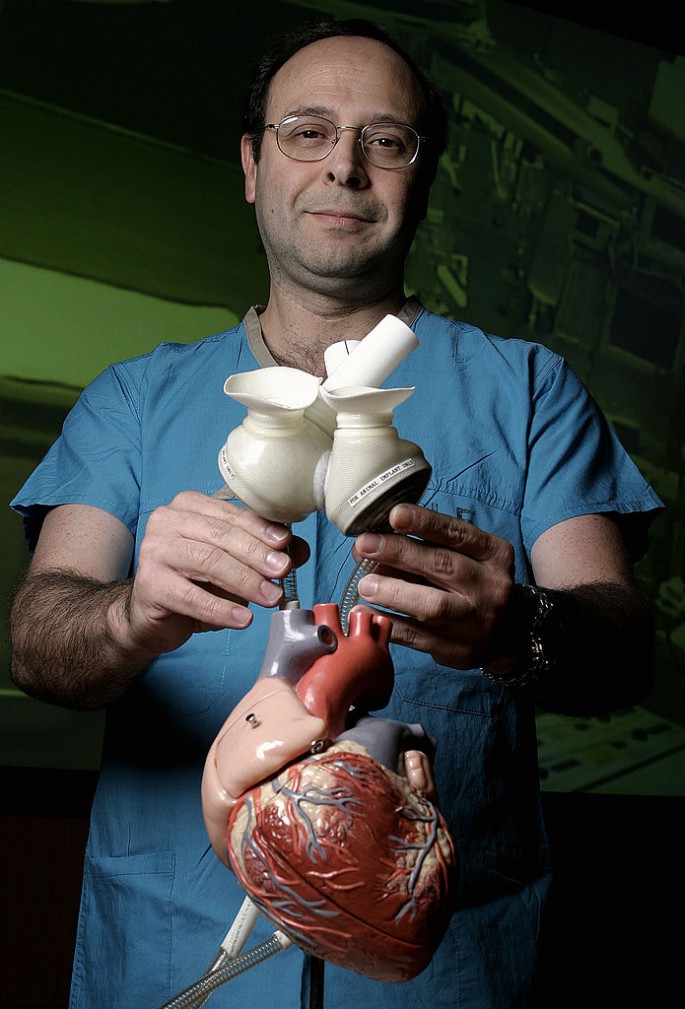A heart transplant costs $1 to $1.2 million. The prohibitive cost, besides the difficulty of finding an organ donor, makes the regenerative cardiac therapy by CellProthera a good alternative for people who suffered from a heart attack.
CellProthera's will start in January 2016 the first and second phase human trials for the regenerative cardiac therapy after it got the approval of French and British governments and European authorization in summer. The therapy involves making heart tissue from the patient's own cells to repair damage on the heart caused by a heart attack.
The French startup will use the StemXpand® automated system found at the EFS ABG Nantes in France and Newcastle Cellular Therapies Facility in UK. The system increases blood stem cells by 20 times, according to CellProthera in a press release.

About 220 ml of blood is taken from the patient and the blood is sent to the centers where it would be expanded within nine days using the StemXpand® automated system. At the end of the third week after the heart attack, the cell graft is then reinjected into the cardiac lesion of the patient.
Forty-four patients who have suffered a severe heart attack will undergo the first and second phases of the trial. Cardiologists will select the 44 spread in six clinical investigation centres in France and three in UK. The patient enrollment process is expected to be completed in six months, to be followed by another six months of data monitoring and analysis.
Jerome Roncalli, principal investigator of the study, would perform the first graft at the University Hospital of Toulouse-Rangueil Hospital.
The therapy is an alternative to heart transplants for about 1 million patients yearly in main western nations, says Professor Philippe Henon, chairman/CSO and co-founder of CellProthera. Henon, president of the Haematology and Transplant Research Institute in Mulhouse, took 10 years to complete the therapy.
CellProthera hopes to get a 15 percent share of the global cardiac insufficiency market within the next five years, estimated at €50 billion.
Phase three of the clinical trial with 150 patients in Europe, US and Canada would follow and then next would be the marketing phase.



























